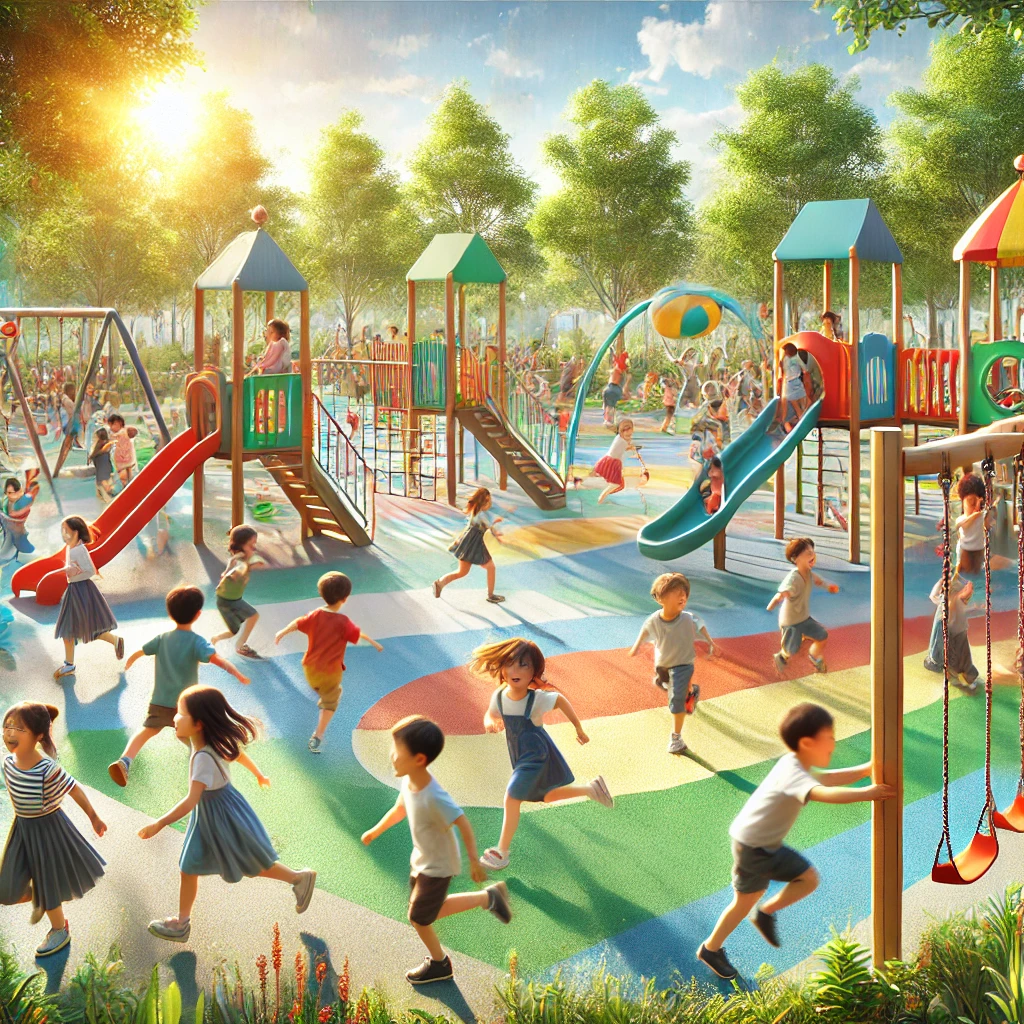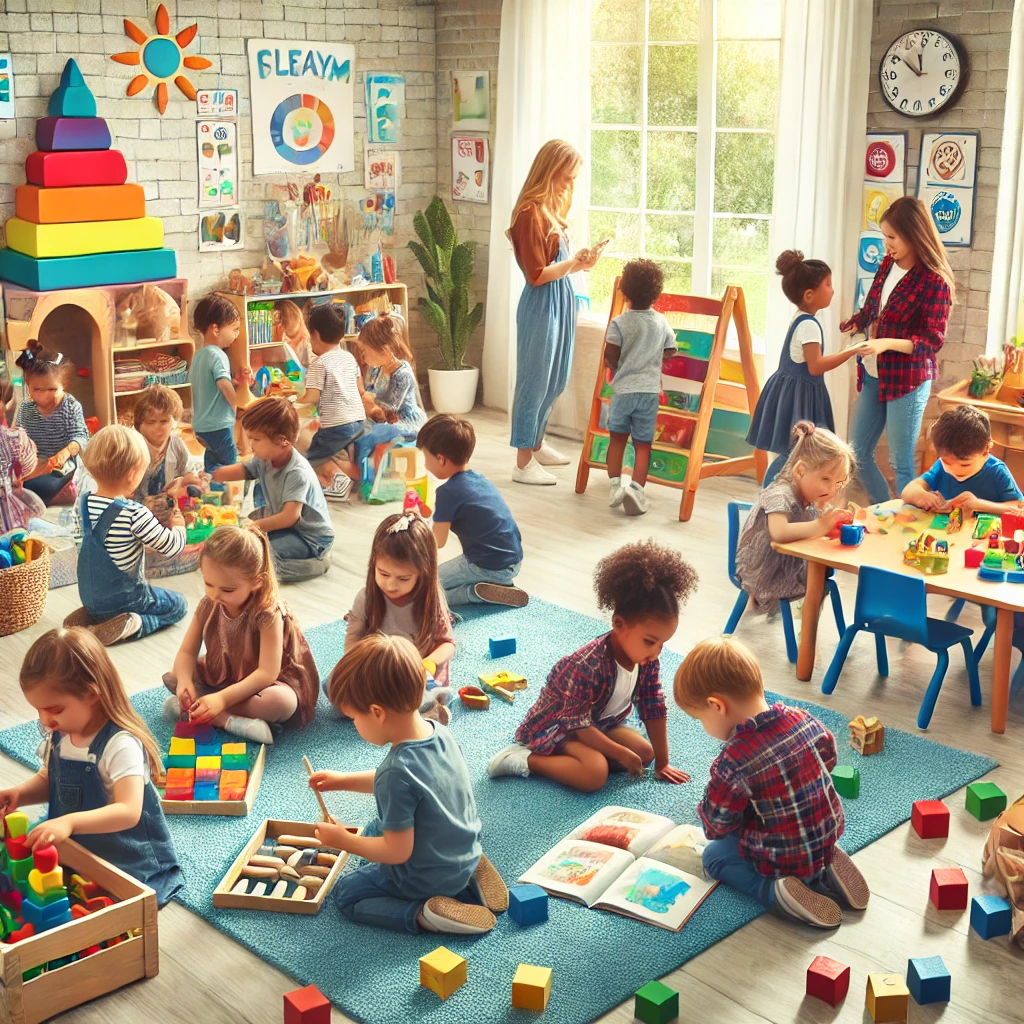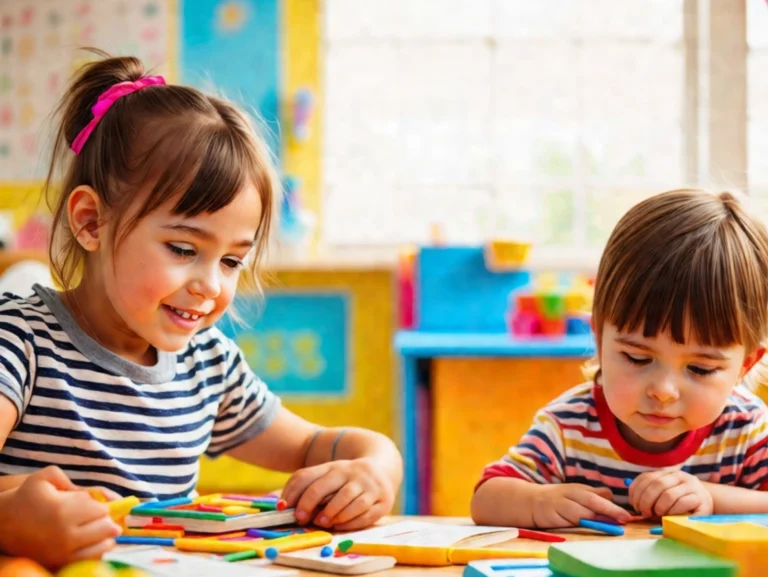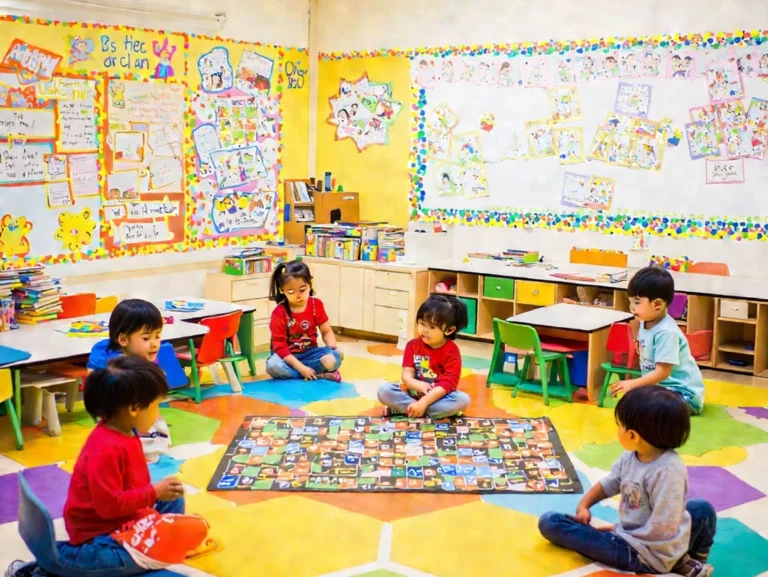
Play is more than just fun—it’s how children explore the world, develop problem-solving abilities, and build strong relationships. Through different types of play, kids enhance their creativity, communication, and motor skills, all while enjoying themselves. Research shows that play contributes to brain development by strengthening neural connections and improving memory retention. Moreover, it helps children develop emotional resilience and learn how to navigate complex social interactions from an early age.
Key Points:
Play as a stress reliever and a tool for emotional expression.
How structured and unstructured play contribute to learning.
The role of play in developing emotional intelligence and social skills.
Best play-based learning activities for young children.
The connection between play and early brain development.
How parents can encourage play-based learning at home.
The impact of imaginative play on problem-solving skills.
How play enhances language development and communication skills.
Play is the foundation of learning, helping children develop essential cognitive, social, and emotional skills.


The Importance of Play in Kindergarten:
By incorporating play into daily routines, parents and educators can help children grow into confident and capable learners. Providing opportunities for both free play and guided activities fosters a well-rounded approach to early childhood development. Encouraging creativity, imagination, and active participation in play helps children build essential life skills that will benefit them throughout their academic journey and beyond.





